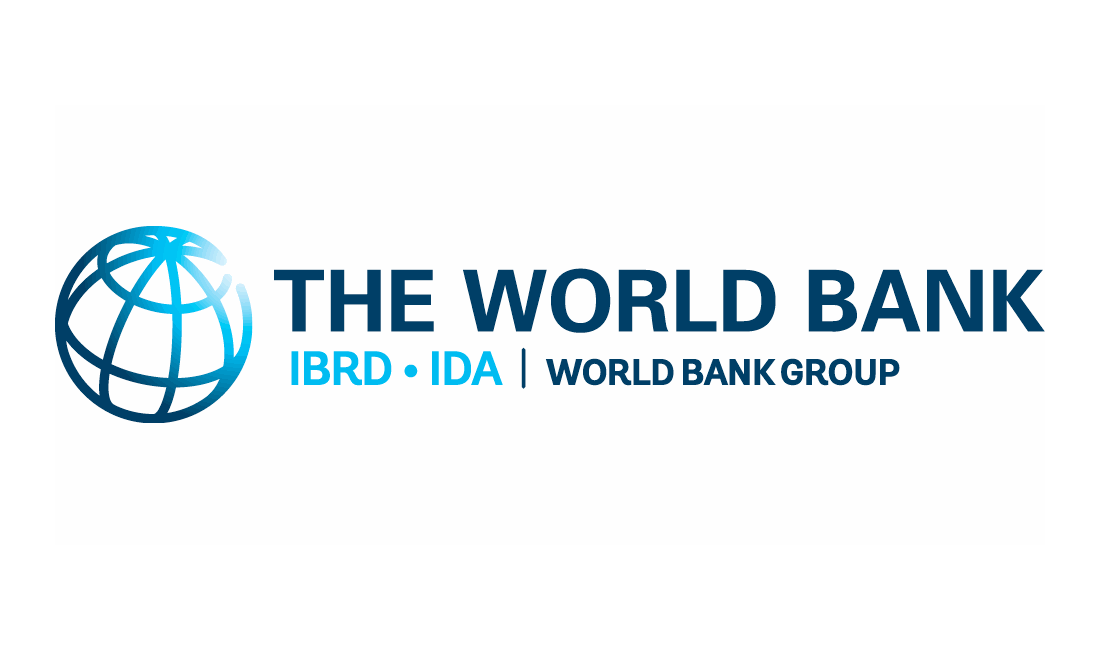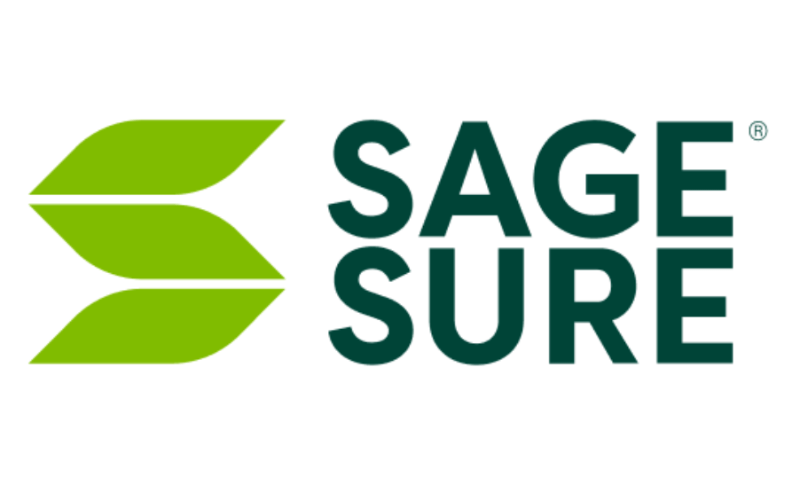
As South Asia faces escalating threats from extreme weather events, the World Bank Group is urging policymakers to scale up innovative financial tools such as weather-index insurance to help households and businesses manage climate risks more effectively.In a newly released report, From Risk to Resilience: Helping People and Firms Adapt in South Asia, the World Bank identifies insurance, particularly weather-indexed insurance, as an important component of private sector adaptation to climate shocks.The region, which is home to nearly two billion people, is projected to see 89% of its population exposed to extreme heat and 22% to severe flooding by 2030.While the World Bank’s report finds that awareness of climate risks is high, with more than 60% of households and firms across South Asia having experienced extreme weather in the last five years, and more than 75% expecting weather shock in the coming decade, most adaptation strategies remain basic.
In fact, a vast majority rely on low-cost measures such as raising house foundations or improving ventilation, with limited uptake of advanced solutions like climate-resilient agricultural inputs or insurance-based risk transfer.To close this gap, the report recommends that governments choose to prioritise reforms to improve access to climate information and promote the uptake of market-based tools like weather-indexed insurance.The World Bank notes that these policies, alongside broader development efforts, can help mitigate financial losses from climate-related disasters and incentivise proactive adaptation.
“The urgency is growing.People and firms are already adapting, but they are doing so with limited tools and few resources,” commented Martin Raiser, World Bank Vice President for South Asia.“Governments must act quickly to remove the barriers that prevent more effective adaptation.
This includes removing distortions in land and labor markets, expanding access to finance and investing in public infrastructure to support people and businesses as they respond to climate risks,” Raiser added.Insurance coverage in South Asia’s agricultural sector remains limited, despite the potential of weather index insurance and climate-smart farming practices to help build resilience.However, market imperfections, including limited access to credit and financial market constraints, are impeding broader adoption.
“Private sector adaptation could reduce one third of the region’s projected climate damage, but this requires governments to strengthen enabling environments,” added Franziska Ohnsorge, World Bank Chief Economist for South Asia.Ohnsorge continued: “Adaptation is most effective when markets function well and when essential services like transport, water, healthcare, and digital connectivity are widely accessible.” Furthermore, the World Bank’s report also highlights how targeted public investments in early warning systems, resilient infrastructure, and social protection, can complement private risk management approaches and create the foundation for scalable insurance markets.“In Bangladesh, investments in early warning systems and cyclone shelters have helped reduce fatalities during major storms.
In India, cities like Ahmedabad are leading with heat action plans to protect urban populations from rising temperatures.They demonstrate how targeted investments, and effective institutions can help scale up local adaptation successfully,” the World Bank Group said.The World Bank Group’s findings underscore the importance of an integrated adaptation strategy that includes financial innovation, targeted infrastructure investment, and supportive regulatory environments.
Among the tools identified to support resilience, weather-index insurance features as a potentially valuable mechanism to help households and firms manage the economic impacts of more frequent and severe weather events in South Asia..All of our Artemis Live insurance-linked securities (ILS), catastrophe bonds and reinsurance can be accessed online.Our can be subscribed to using the typical podcast services providers, including Apple, Google, Spotify and more.
Publisher: Artemis








